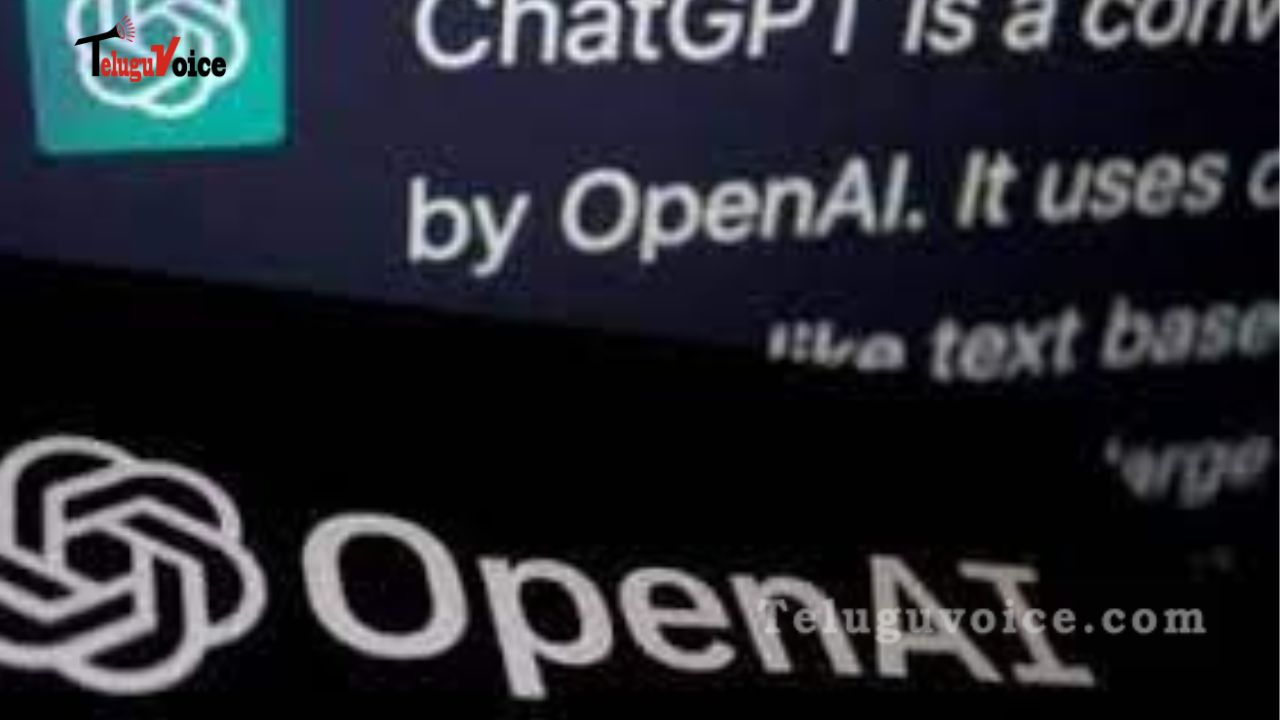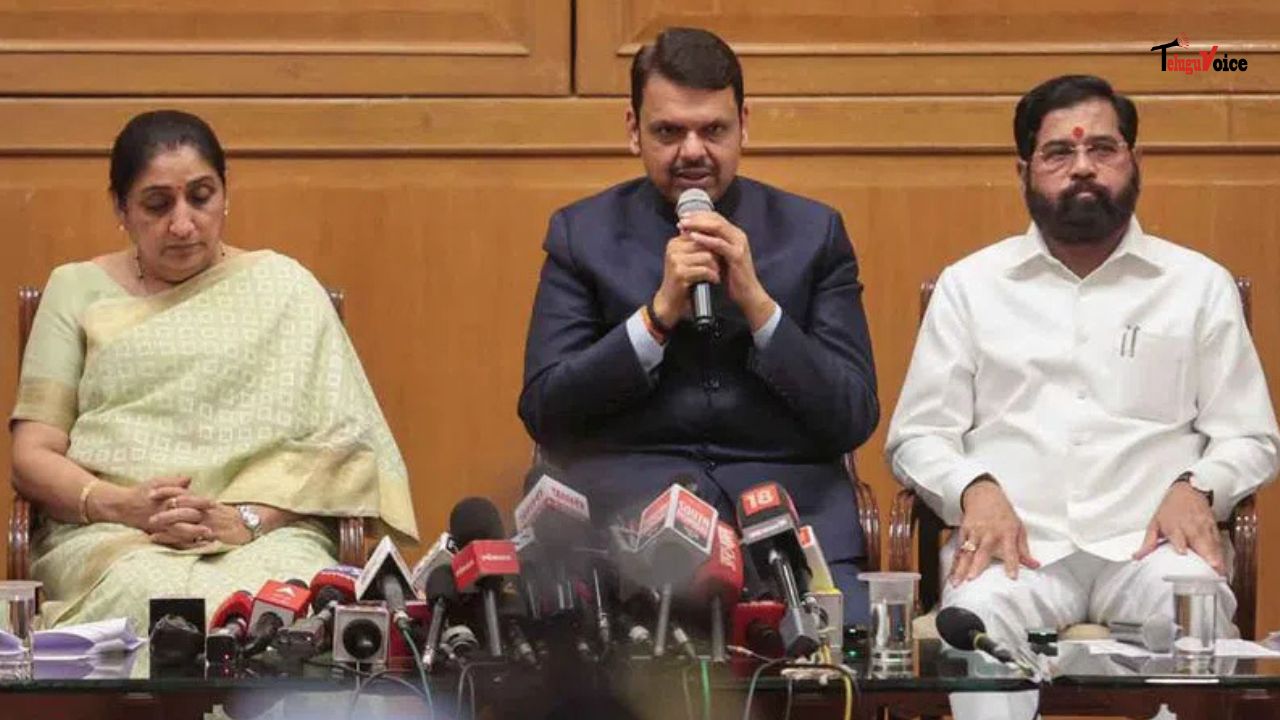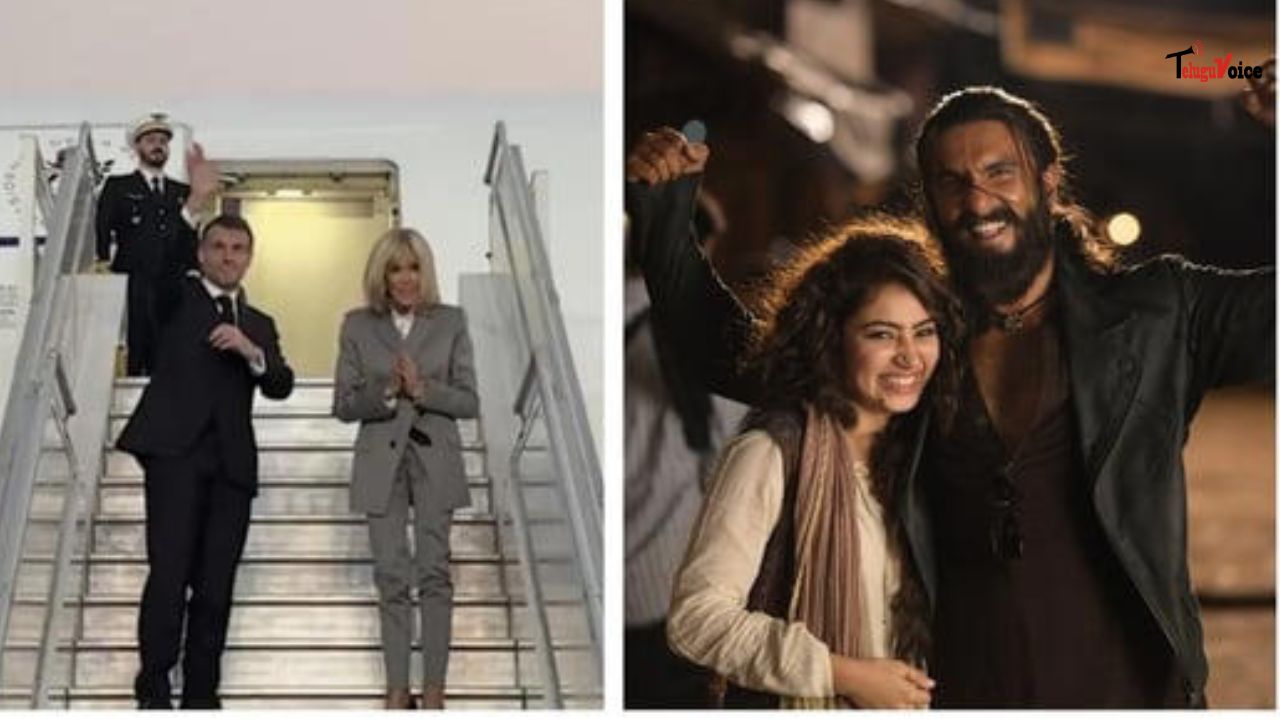More authors sue OpenAI for copying ChatGPT.

Another group of authors has filed a lawsuit against Microsoft-backed OpenAI, alleging that the Sam Altman-run company improperly exploited their writings to train its ChatGPT chatbot.
In their case, authors Rachel Louise Snyder, Ayelet Waldman, David Henry Hwang, and Michael Chabon claimed that OpenAI benefited and made money off of the "unauthorised and illegal use" of their copyrighted works.
Class-action status is being sought in the complaint. In the datasets used to train the GPT models that run ChatGPT, OpenAI "incorporated plaintiffs' and class members' copyrighted works," according to the lawsuit. In fact, it continued, "ChatGPT generates not only summaries but also in-depth analysis of the topics prevalent in plaintiffs' copyrighted works when prompted, which is only conceivable if the underlying GPT model was trained using plaintiffs' works.
"OpenAI's acts of copyright infringement have been intentional, willful, and in callous disregard of Plaintiffs' and Class Members' rights," according to the lawsuit.
"OpenAI knew at all relevant times that the datasets it used to train its GPT models contained copyrighted materials, and that its acts were in violation of the terms of use of the materials," the lawsuit continued.
Authors Richard Kadrey, Christopher Golden, and Sarah Silverman, a comedian and author, sued OpenAI and Meta in July on two separate counts of copyright infringement.
The claims claimed that ChatGPT from OpenAI and LLaMA from Meta (a collection of big language models) were trained on datasets that were illegally obtained and contained their efforts. The ChatGPT developer was being investigated by the US Federal Trade Commission (FTC) for collecting user data and disseminating fraudulent information.

 South Africa tour of India 2019
South Africa tour of India 2019










Comments